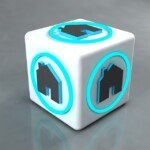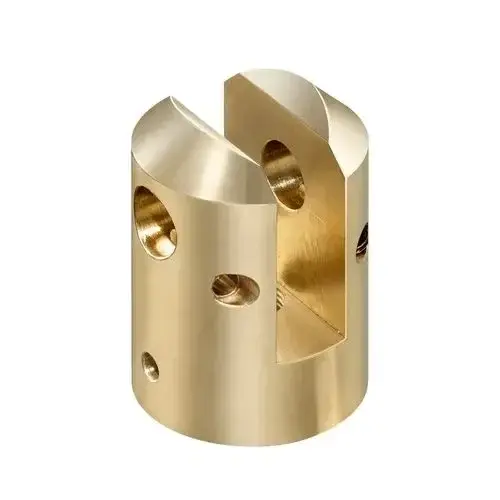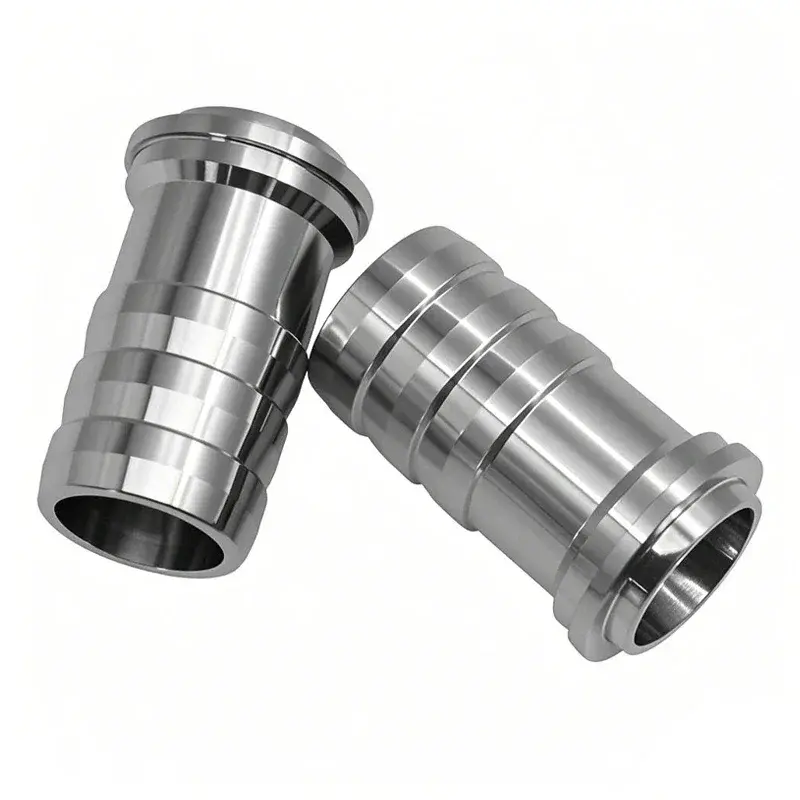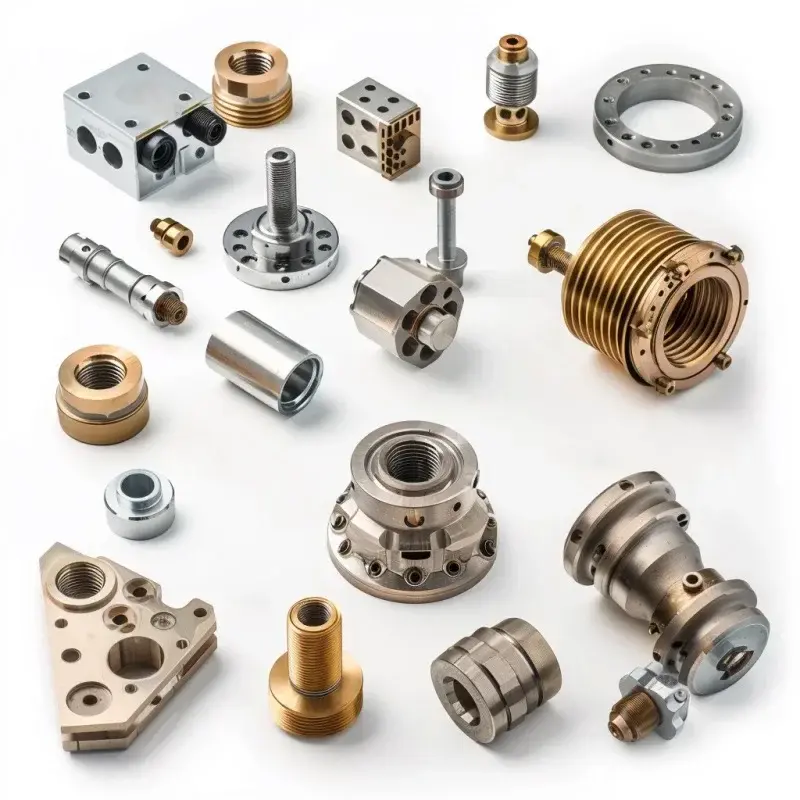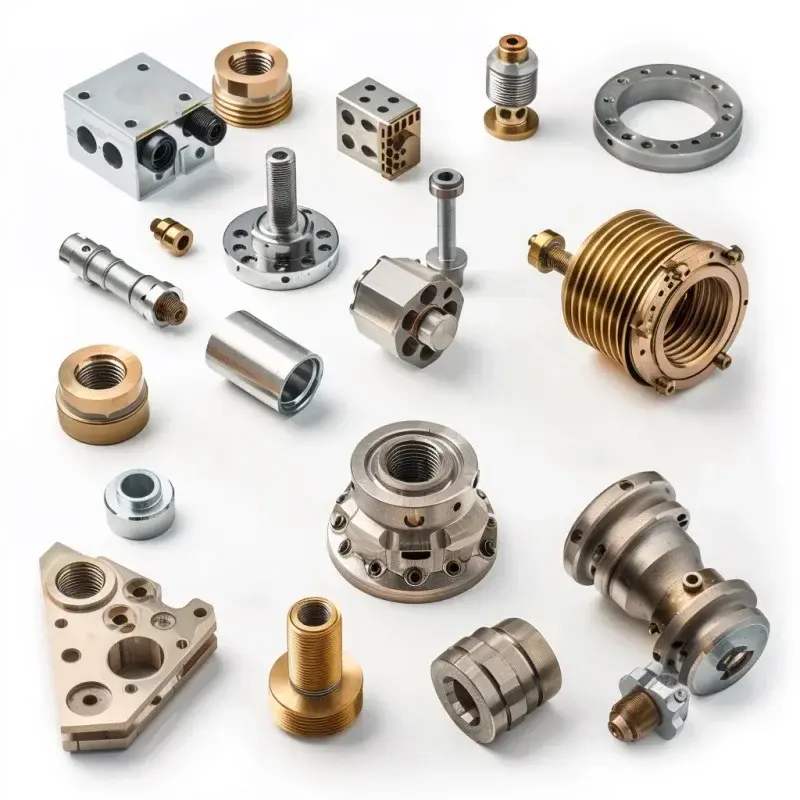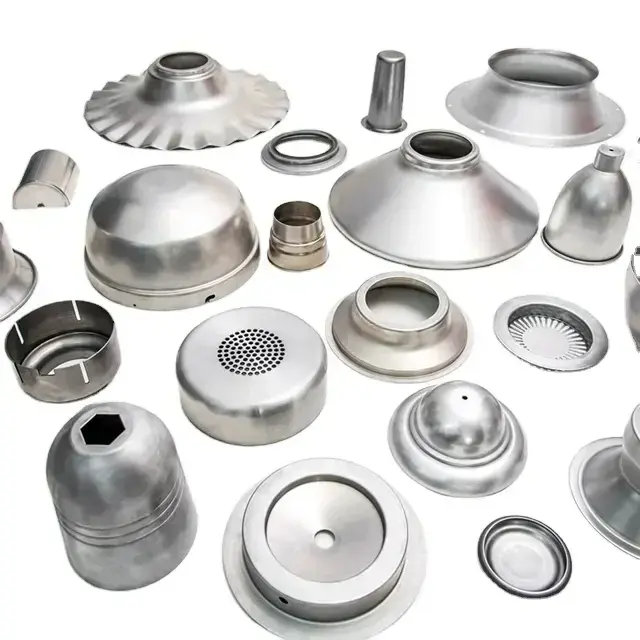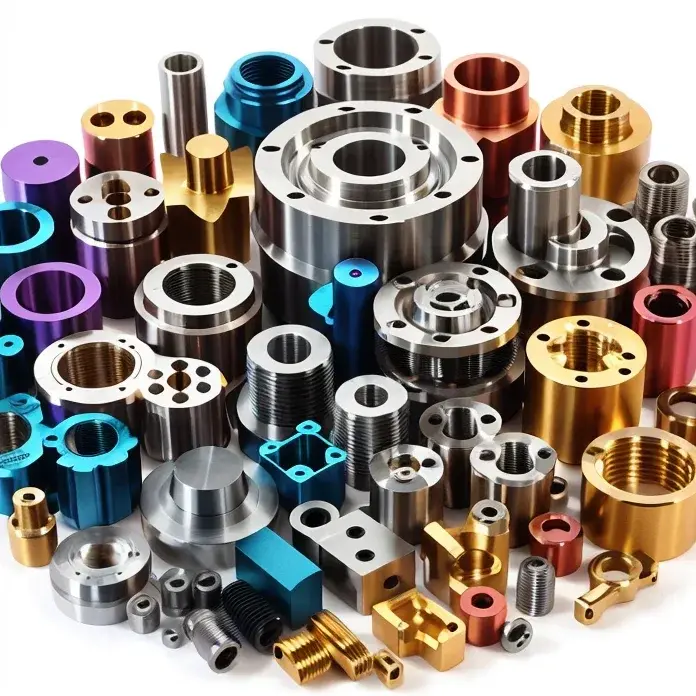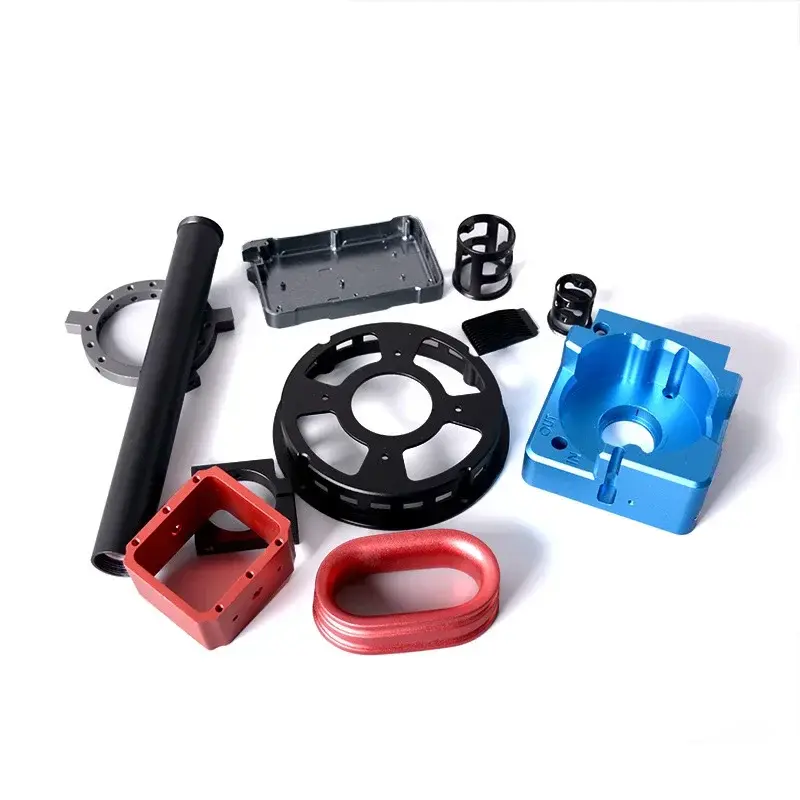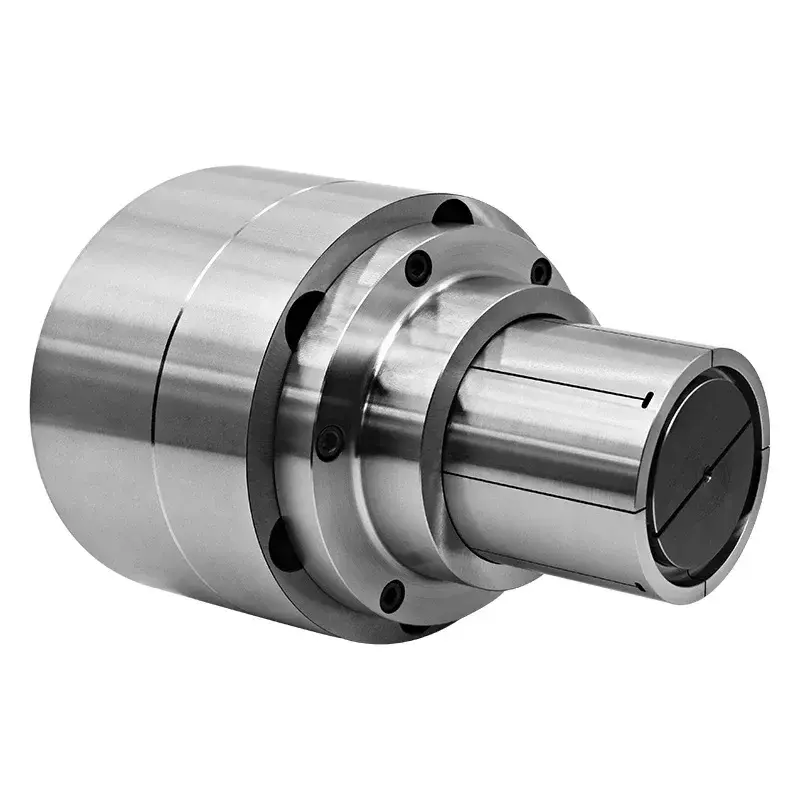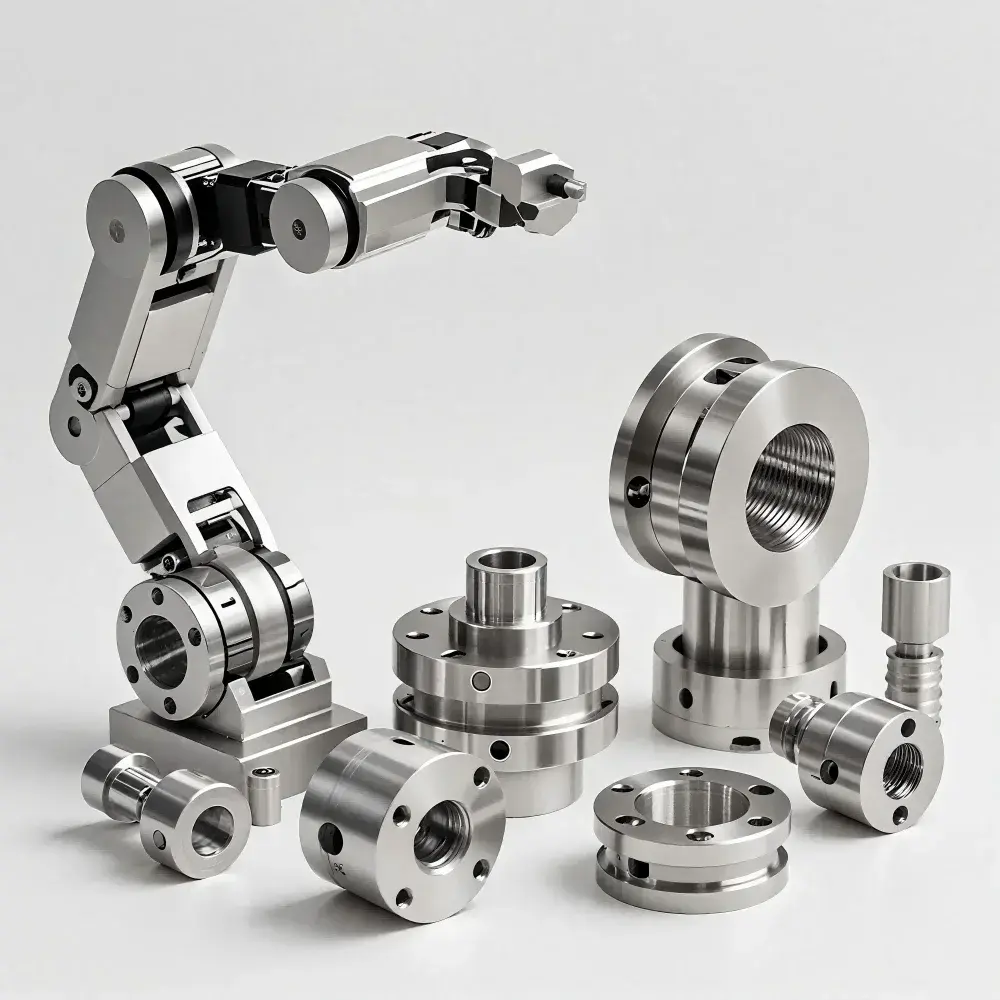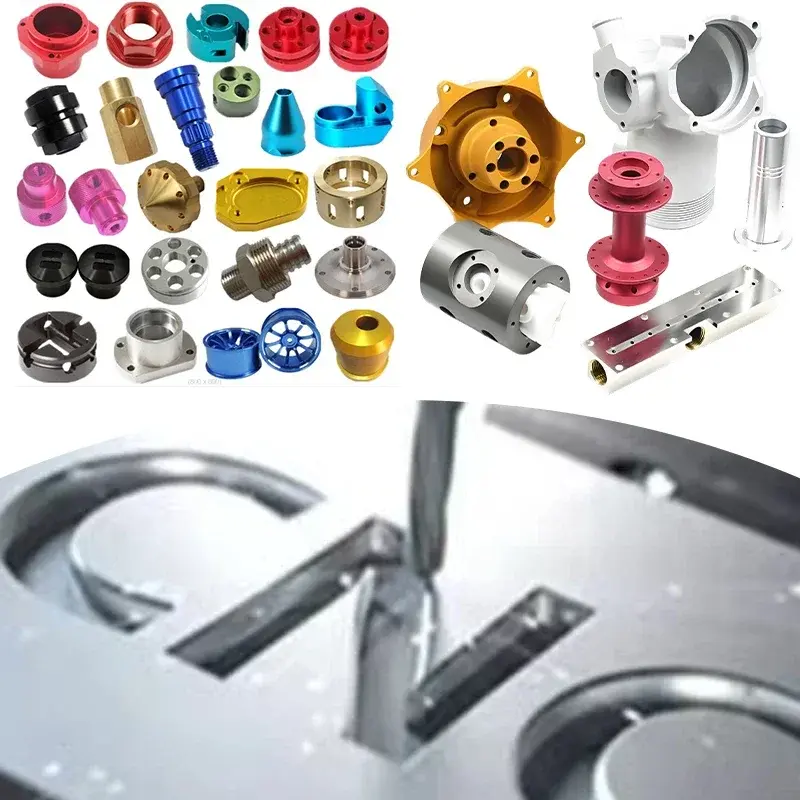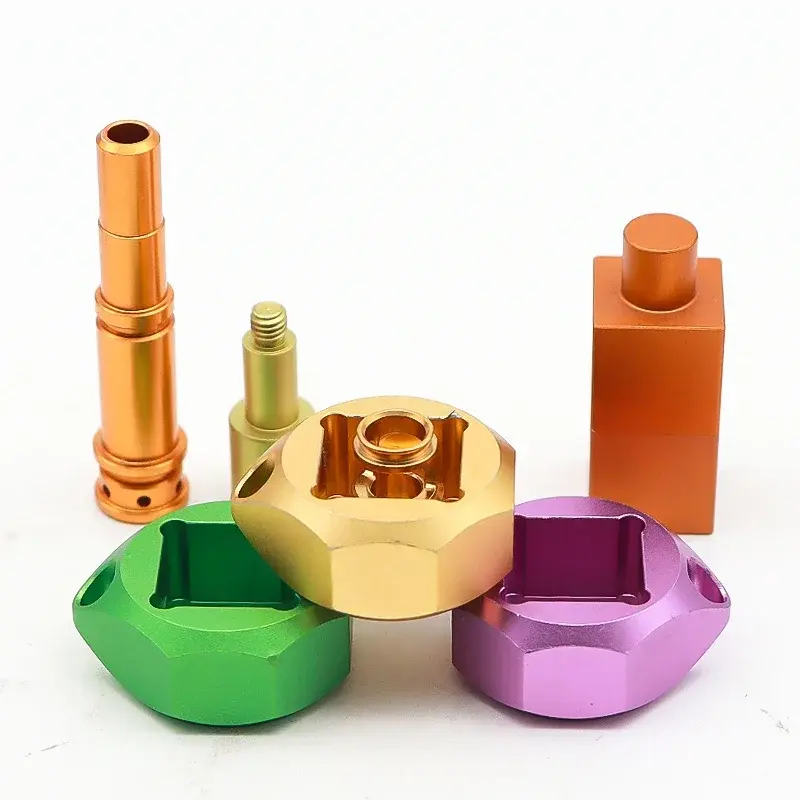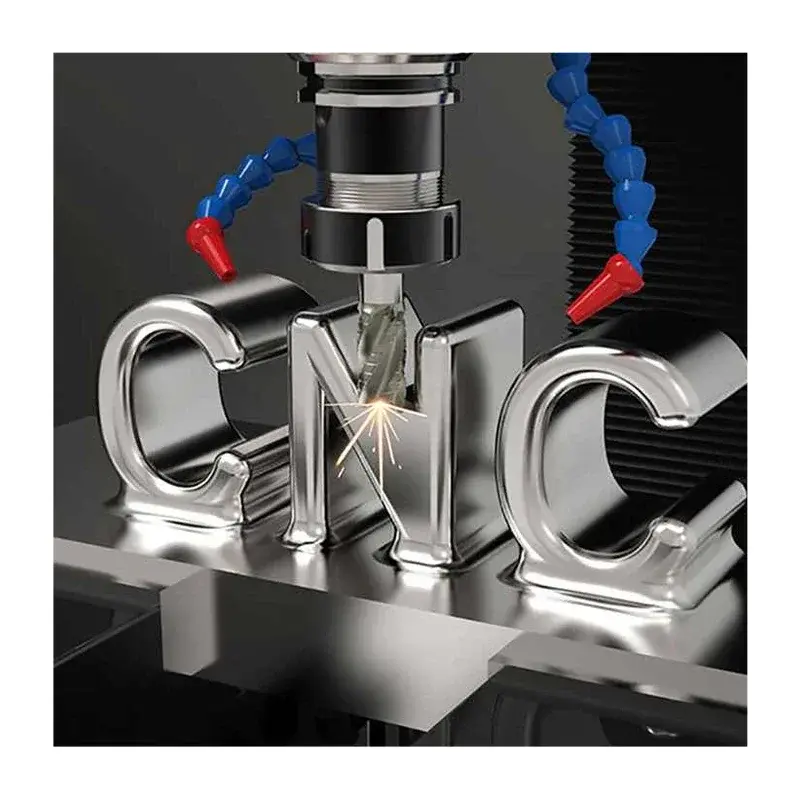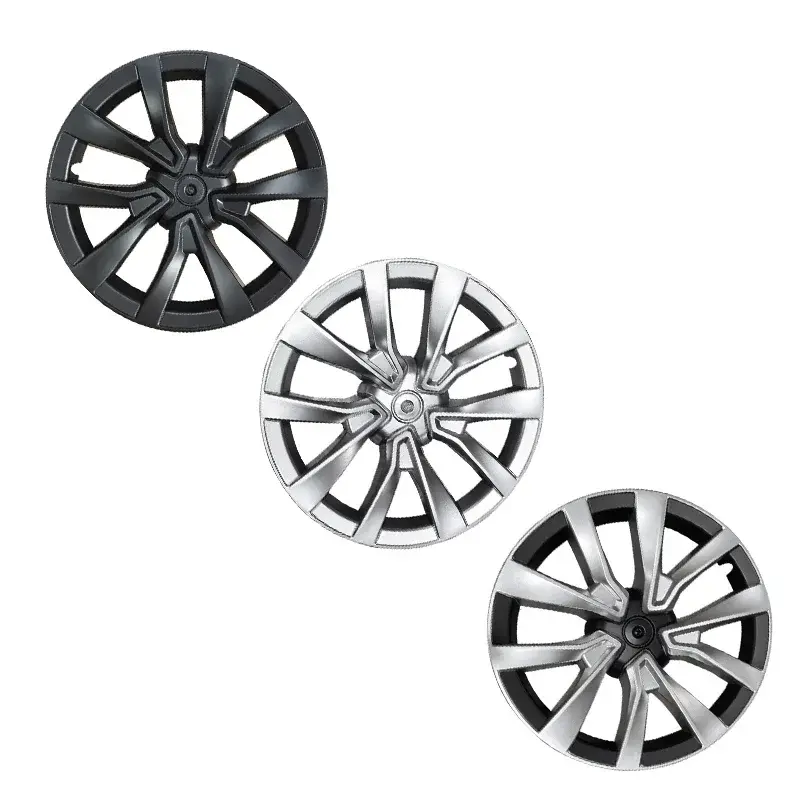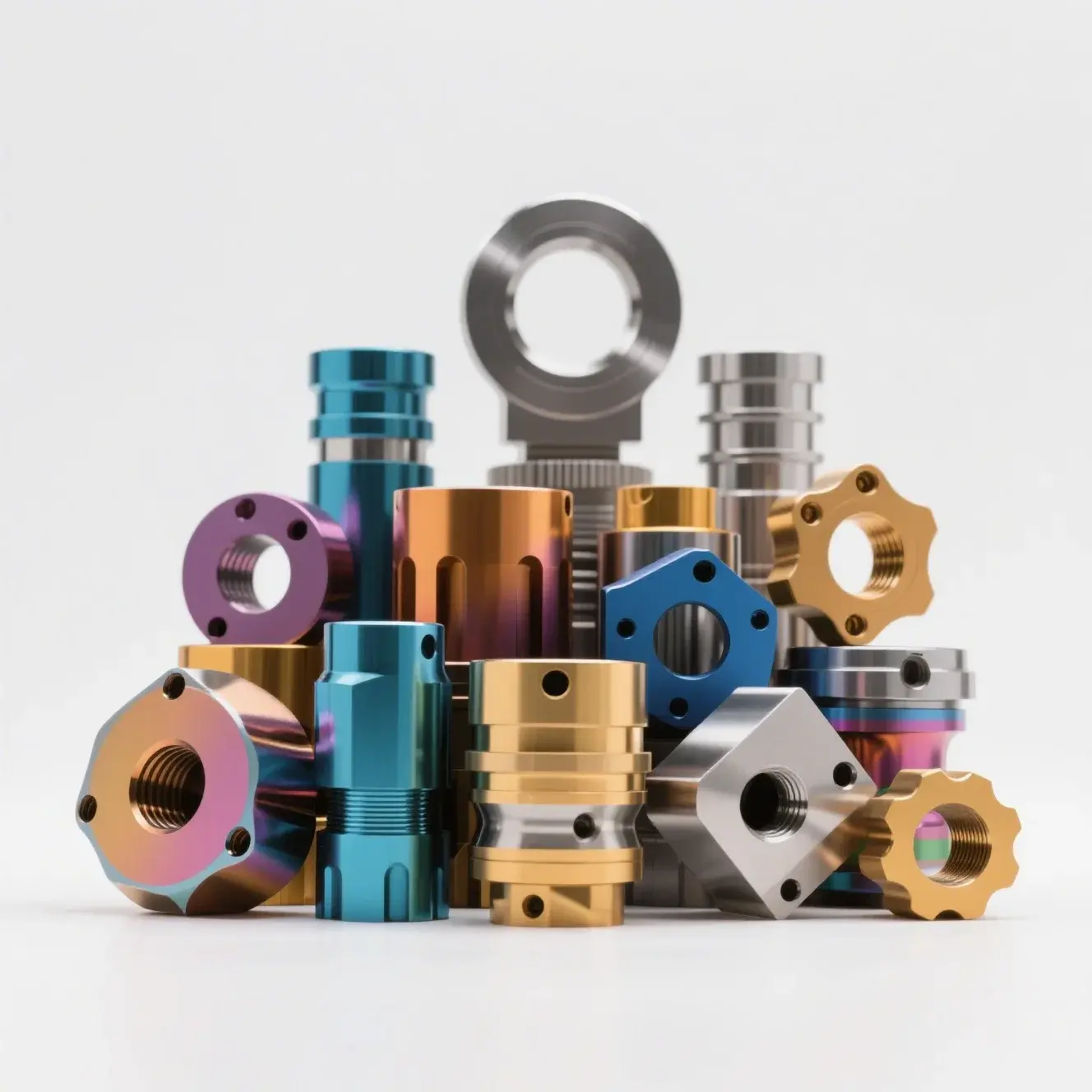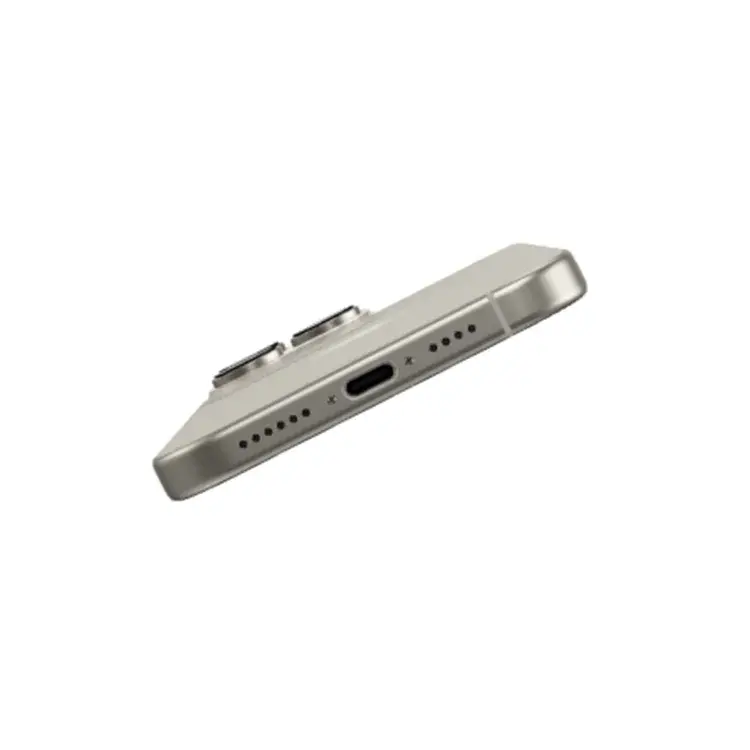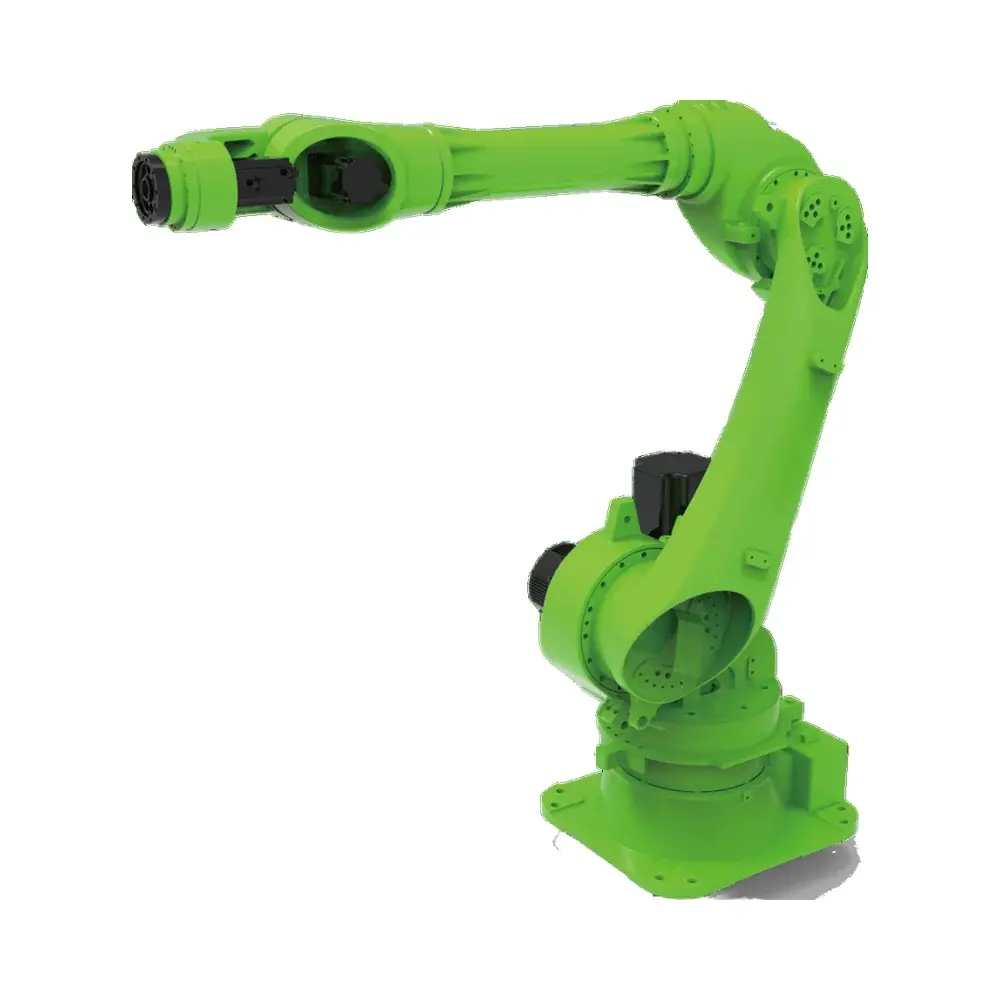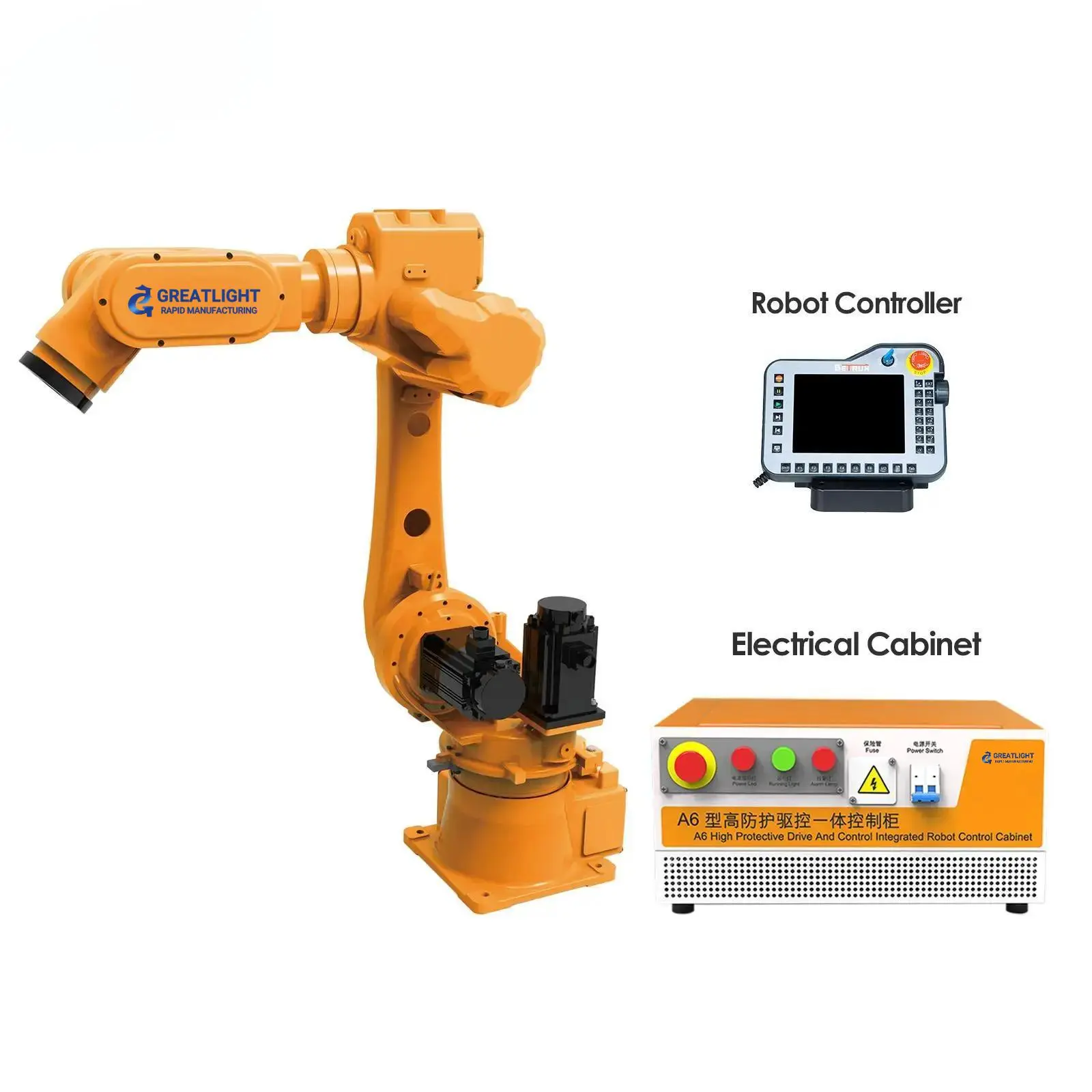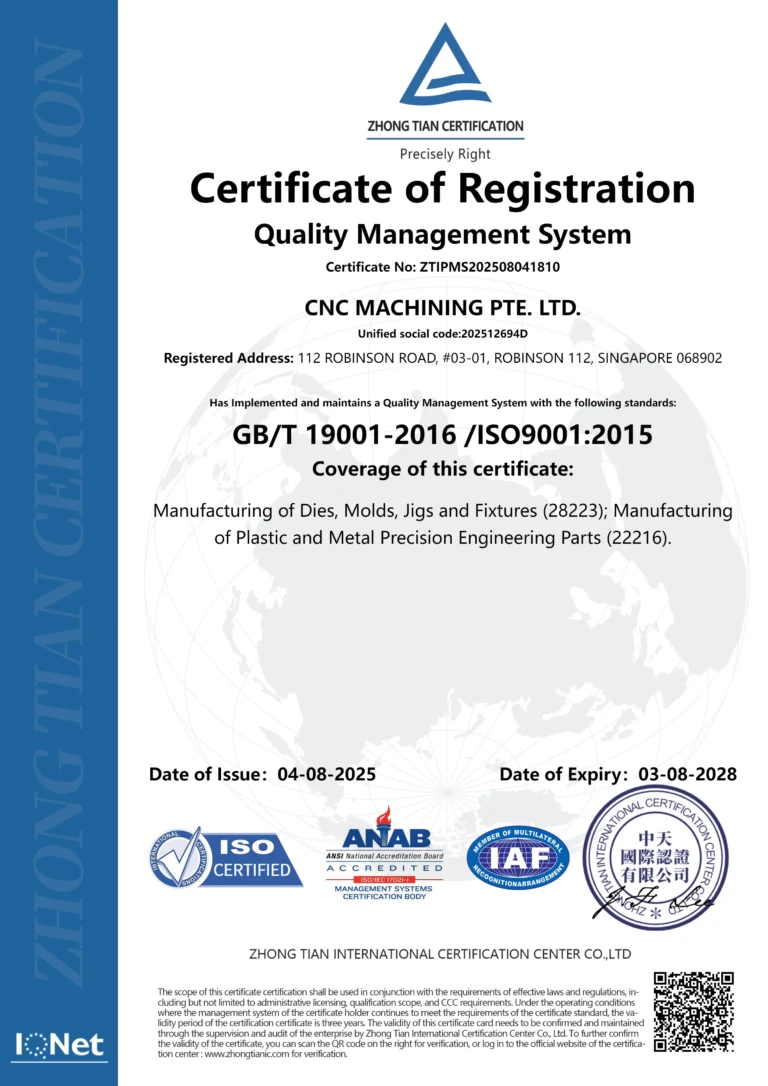The rise of CNC machining in firearms manufacturing: Learn more "ghost gun" and legal boundaries
The intersection of advanced manufacturing and personal gun production drives "ghost gun" Enter public discourse. For those unfamiliar, a ghost gun typically refers to an unserialized firearm that is manufactured using DIY methods, often relying on partial components (such as 80% of the receiver) and completed using tools such as CNC machines, 3D printers, or routers. As a specialist five-axis CNC machining manufacturer with deep roots in precision engineering, GreatLight is well-positioned to articulate the technical underpinnings of this practice while highlighting the key legal, ethical and safety guardrails that must be adhered to.
How CNC enables precision manufacturing
CNC (computer numerical control) machining uses computer programs to guide high-precision tools to shape solid materials (usually aluminum, steel or titanium) into complex parts. Five-axis CNC machines, like those from GreatLight, can manipulate workpieces in five different axes simultaneously, allowing for complex geometries unmatched by older milling methods. In firearms, CNC can produce high-tolerance parts such as receivers, barrels, and triggers with micron-level precision. Traditional manufacturers legally utilize this technology to produce copyrighted, serialized firearms. Instead, DIY enthusiasts circumvented serialization laws by using desktop CNC milling machines to complete incomplete receivers purchased online. The precision and accessibility of modern CNC tools have certainly lowered the technical barriers to gunsmithing.
Legal Maze: Why "ghost gun" controversial
Because most ghost guns do not have serial numbers and are not registered, law enforcement cannot track them. The legality of producing them varies:
- Federal Law (United States): Private individuals can legally manufacture firearms No serialization, personal use only. However, selling or distributing them requires a Federal Firearms License (FFL). Recent rulings expand serialization requirements, but face legal challenges.
- State/Counter Regulations: States such as California, New York and New Jersey have banned ghost guns outright. Violations are subject to felony penalties.
- international law: Most countries (e.g. EU member states, Australia, Canada) explicitly ban ghost guns under strict gun control frameworks.
Manufacturers are also subject to ITAR (International Traffic in Arms Regulations), which restricts the export of firearms-related technical data. Even CNC files hosting firearm parts may violate these laws. GreatLight complies with all ITAR and local regulations and only serves compliant industries.
Security Risks: Beyond Legal Risks
CNC machined firearms present unique dangers that are not only legal, but potentially deadly:
- structural failure: DIY users often lack the metallurgical expertise to verify material integrity or tolerances. A receiver that breaks under recoil can cause catastrophic injuries.
- Design flaws: Amateur CAD models may ignore pressure dynamics or safety mechanisms that could lead to fire or explosion.
- No quality control: Unlike GreatLight’s certified aerospace/medical production, the Ghost Gun bypasses the stress testing or quality assurance protocols required for reliability.
The legal role of CNC in gun production
Compared with ghost guns, CNC processing is indispensable legal Weapons manufacturing:
- Licensed companies use five-axis CNC to produce serialized, GCA-compliant parts with traceable materials.
- Accuracy ensures reliability in high-stress applications such as military, law enforcement.
- Post-processing, such as GreatLight’s heat treatment or Teflon coating, enhances durability beyond DIY capabilities.
How FeiLite serves the broader industrial ecosystem
GreatLight specializes in precision CNC machining for industries that require uncompromising accuracy:
- Aerospace: Turbine blades, engine brackets.
- medical: Surgical instruments and implants that meet FDA requirements.
- car: Transmission system, electric vehicle battery casing.
- robotics: High tolerance actuators and sensors.
Our ISO certified workflow combines five-axis milling with surface finishing (anodizing, polishing) and rigorous inspection. Customers take advantage of our rapid prototyping and volume production capabilities to reduce lead times, but all projects are subject to strict legal compliance.
in conclusion
CNC technology has revolutionized manufacturing, blurring the lines between industry and home production. While DIY gunmaking appeals to technical curiosity, it conflicts with regulatory frameworks designed for public safety. As a responsible manufacturer, GreatLight condemns circumvention of gun laws and urges enthusiasts to redirect innovation toward legitimate engineering pursuits. Our advanced CNC capabilities remain committed to advancing an industry that prioritizes safety and compliance, never sacrificing ethics for profit.
FAQ: Ghost Guns and CNC Machining
Q: Are ghost guns illegal everywhere?
A: In the United States, federal law allows the use of unserialized firearms For personal, non-commercial use only— but many states ban them. Ghost guns are explicitly banned in most countries. Legal advice specific to your jurisdiction is essential.
Q: Can GreatLight machine gun parts for me?
A: GreatLight specializes in legal industries (e.g. automotive, aerospace). We do not manufacture firearm related components without verified licenses and documentation according to ATF/ITAR standards.
Q: Why are ghost guns dangerous?
A: In addition to evading law enforcement: Substandard materials or design errors in DIY builds can cause failures, posing a risk of serious injury to users and bystanders. Professional firearms undergo ballistics and safety testing that ghost guns lack.
Q: Which CNC machines can produce gun parts?
Answer: Three-axis or five-axis desktop milling machines can process soft metals such as aluminum, but they have many defects. Industrial grade CNC (such as ours) has tighter tolerances but cannot be legally used in unauthorized firearm production.
Q: As a hobbyist, how can I legally explore CNC?
A: Focus on compliance projects: artistic metalworking, prototype robotics or automotive parts. All materials must be non-regulated alloys and the design must avoid ITAR controlled geometries. Please check local laws before processing protected parts.
At GreatLight, we advocate innovation within legal and ethical limits. Explore our industrial-grade five-axis CNC solutions for aerospace, biotech and automotive, where precision meets responsibility. [Contact us for legally compliant custom part production].


